At the Grand Bazaar in Istanbul I saw mounds and mounds of Turkish Delight (lokum in Turkey). But I think the capital of Turkish Delight has to be Bodrum. Walking around the alleyways of the old town you’re assaulted with boxes of Turkish Delight in every flavor imaginable stacked five feet high.
Until the arrival of refined sugar in the late 18th century, lokum meant an amalgam of honey and wheat flour. Then an Istanbul confectioner, Haci Bekir, got his hands on some white sugar and corn flour and began making these jellied sweets we know today as Turkish Delight.
Such was Haci’s fame and acclaim that he was soon appointed chief confectioner at Topkapi Palace. The sweet came to international fame after a delighted British traveler (it’s always the Brits, isn’t it?) took a sample back to England, wowing his mates.
Amazingly, the Istanbul sweet shop, which Haci Bekir opened in 1777, is still doing a roaring trade in lokum. So you can check that out, if you want, or make your own. Here’s a classic recipe for Tukish Delight.
Lokum (Turkish Delight)
1 lb. sugar
2 1/2 cups water
1 tsp. lemon juice
2 tbl. rose-water
2 oz. cornflour
icing sugar
Lay a piece of muslin in a tin and dust it with cornflour. Boil the sugar, water, and lemon juice in a saucepan, stirring constantly. Stir the rose-water in with the flour in a separate bowl then slowly pour the flour into the saucepan, stirring all the while over medium heat. When the mixture thickens to jelly, pour it into the tin and let it cool. Once cool, turn it onto a bench dusted with icing sugar. Cut into squares and cover generously with more icing sugar.

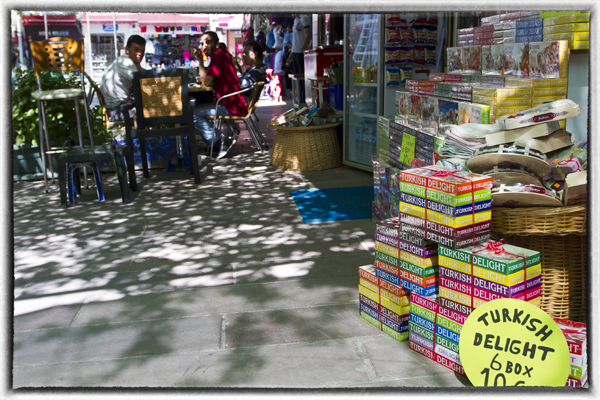
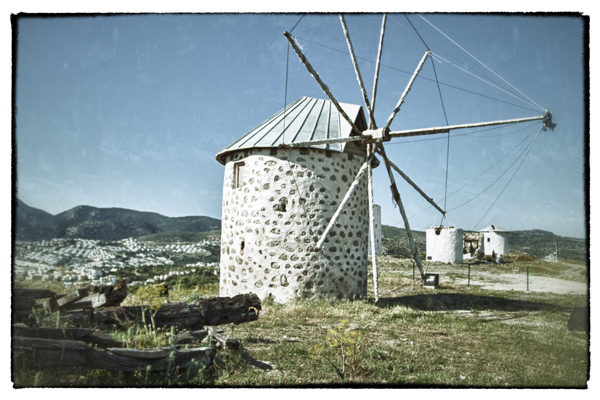
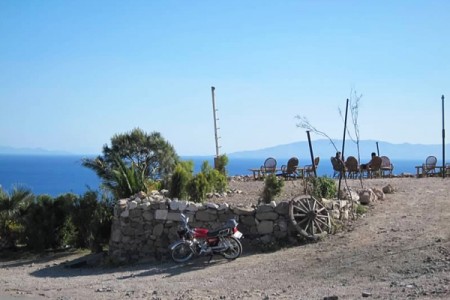
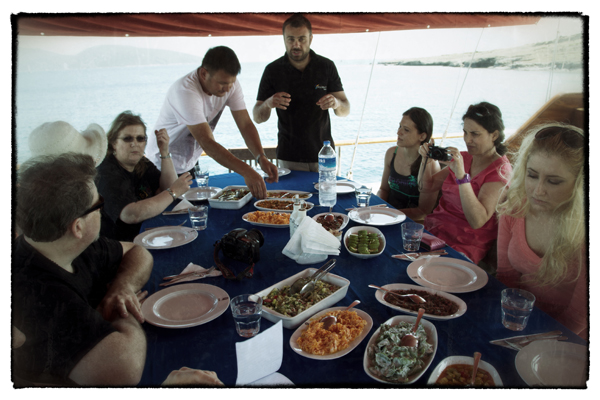
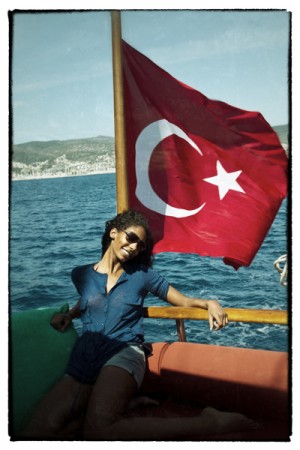
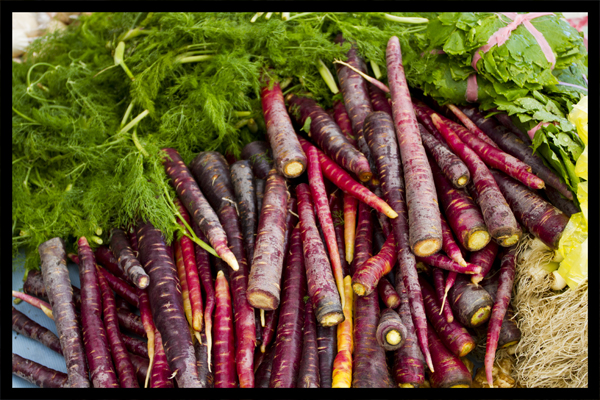
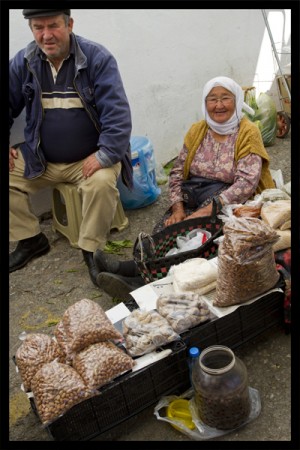
Recent Comments